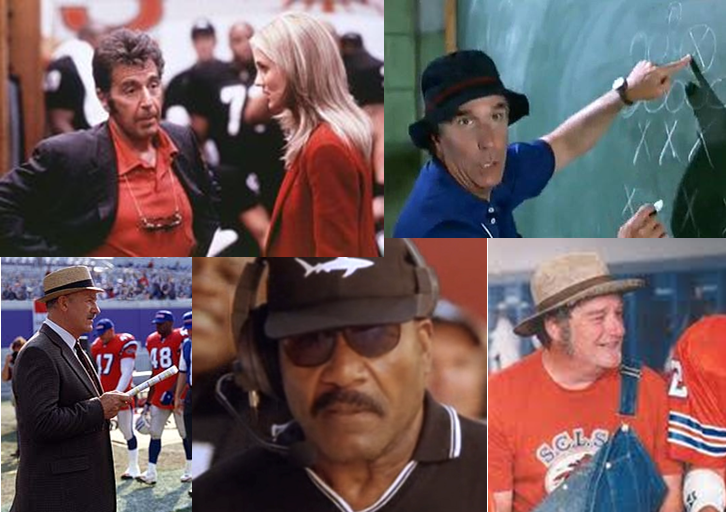Also, it’s time to change the team’s name, because cultural misappropriation by a multibillion-dollar business is really uncool.
In light of the Donald Sterling incident, Richard Sherman of the Super Bowl Champion Seattle Seahawks took the opportunity to discuss renaming the Washington Redskins earlier this month. In his opinion, the NFL isn’t taking the issue seriously enough, suggesting that the organization only cares about their bottom line. Then last week, the U.S. Senate piped up with a letter to Commissioner Roger Goodell, asking him to pressure the team (cough, Dan Snyder) to change their name. Washington State Senator Maria Cantwell circulated the letter, echoing Sherman by saying that Commissioner Goodell needed to act like the NBA did with Sterling. Then, this week, the National Congress of American Indians and the Oneida Nation sent every single player in the NFL a letter urging them to follow Sherman’s example as part of their “Change the Mascot campaign.”
I grew up in a middle-class white world where my school taught me that Christopher Columbus was someone to be admired and pilgrims sat down with Native Americans at picnic benches and shared corn. So, images such as the completely offensive cartoon caricature belonging to the Cleveland Indians didn’t even register as such until I actually learned about Native American history (for the record, only this year has the team “demoted” the logo in favor of a “C”). But it is 2014, and if you were casually socializing with a group of people (and not about football), would you just casually drop “Redskins” as a reference for anything? Probably not, I’m guessing, because it would probably offend people. So why continue to defend the name of a team just because it has been institutionalized?
The historical relationship between professional, college, or high school sports and Native Americans regarding cultural appropriation has had its share of ups and [mostly] downs. For example, the Florida State Seminoles and Chicago Blackhawks opened dialogue and negotiated with the local tribal populations demonstrating that these teams actually cared about what kind of perpetuation they were reflecting upon their fans by using sacred tribal names for the sake of sports. As a result, tribes condoned the continued the use of their namesakes. On the other hand, teams like the Fighting Illini removed the use of Chief Illiniwek as their mascot to much initial dismay because he was typically portrayed by a white student with the use of insensitive and barbaric stereotypes about the Native American people (think hooting/patting of the hand to mouth and bad interpretive dancing while wearing a headdress – you know – like most of the hipsters you see at music festivals these days). And, anybody born after 1965 probably doesn’t know that Stanford University used to be the “Indians” rather than the Cardinal, and that many fought to try and reinstate the mascot. While it’s worth noting my admiration of the school to do so at such an early time relative to race relations in our country, my point is that no one talks about it today; everyone eventually got over it and embraced that weird dancing tree.
Washington’s name has come under fire for years, but not until now: until legitimate acknowledgement of blatant condoned racism in professional and college sports surfaced from the sports media itself, until Sherman took to his pulpit, until we as fans (despite however we may feel about racism in this country) could finally admit that racism in sports is real without being cast aside as politically correct wimps, Dan Snyder, who has vehemently asserted he’ll never change his team’s name, would never consider a name change and now may be forced to do so. I get it: we cherish our teams and what they represent. Many can argue that the Redskins represent something unique and special to that Washington team; however, at the end of the day it is a racial epithet. It is not tribal, it is not proud, it is shameful.
Add The Sports Daily to your Google News Feed!
